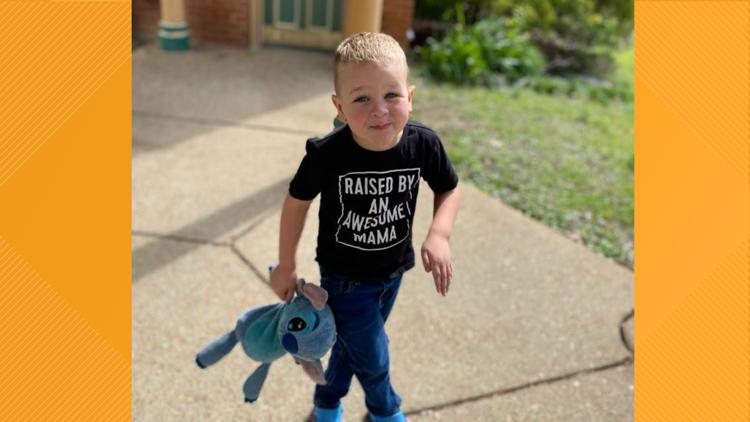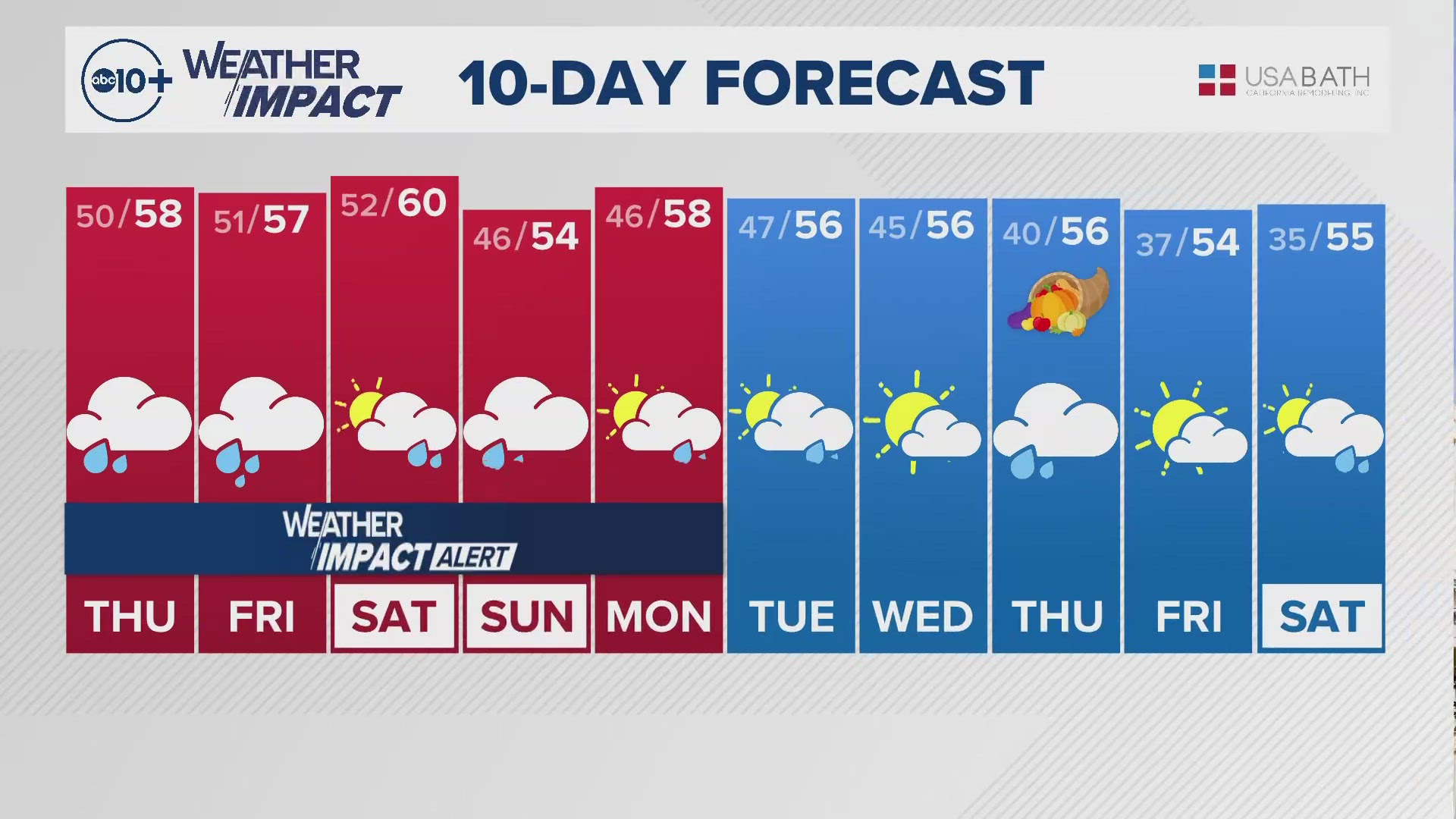FRANKLIN COUNTY, Mo. — As a 4-year-old boy waits for his best friend, Stitch, to return home, a $250 reward has been announced. The inseparable duo were last seen together in Franklin County on Saturday.
According to Amanda Palazzolo, her son was with his grandparents over the weekend when his stuffed animal was misplaced.
When Palazzolo found out that Stitch was missing, the next day she began to search for her son's best friend. She called the Target in Washington, Missouri, he visited, walked up and down each aisle, spoke with the employees, and enlisted friends to help—but still no Stitch.
Since that day, the nights have been difficult for Palazzolo's little boy.
"He'll come to me and he'll say he's sad and he'll be like tears in his eyes and he'll tell me, 'I miss Stitch' and he'll ask if somebody has returned it or if anyone's found it yet, and I let him know. No, but he has a matching girl one that goes with that Stitch. And so when I put him to bed, I'm like, 'Alright, just hold on to girl Stitch' and it's like, hopefully somebody will, will return it. But we are still looking," Palazzolo said.
The stuffed animal came into her son's life when he was just one year old. Palazzolo recalled giving it to him as a gift. Although he has had many stuffed animals that carry the name Stitch, this was the first and best of them all.
Stitch has been by the little boy's side through two brain surgeries. Palazzolo said her son started complaining about pain in the back of his head. After meeting with a neurosurgeon, they learned about his diagnosis: a form of Chiari malformation, a condition where part of the brain is pushed into the spinal canal due to a small or misshapen skull.

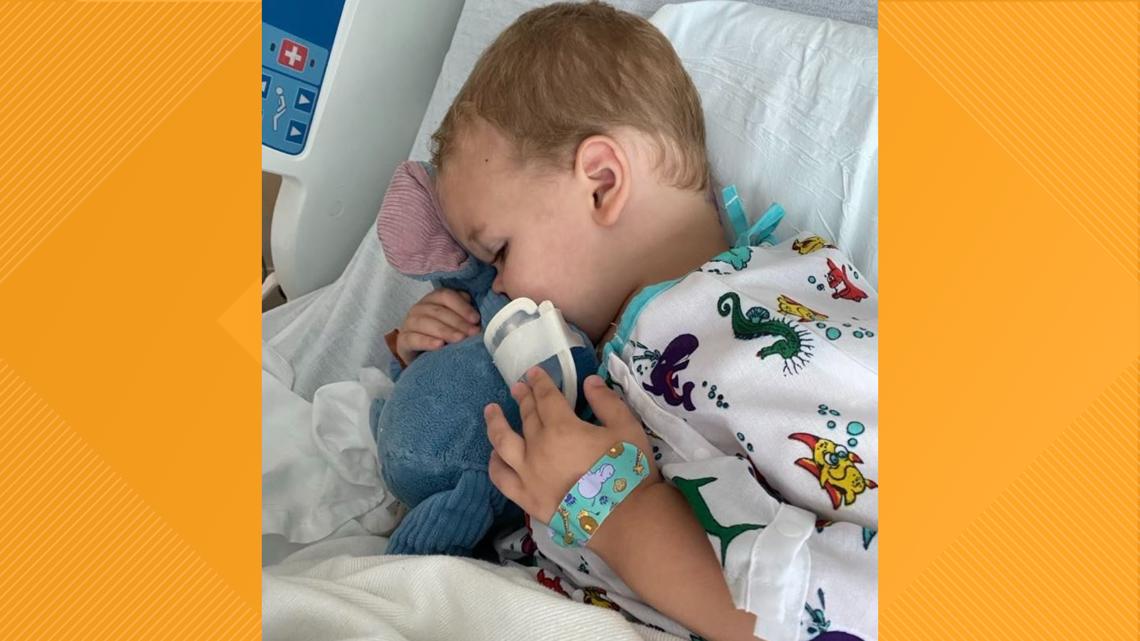
"So we ended up getting the first decompression surgery where (the doctor) removed part of his skull and everything," Palazzolo said. "Six months went by, we went back for another MRI to make sure everything was healing. So everything was good, like the spot was healing, but unfortunately, within the same year, he had to go back for another decompression surgery because he was still having the same issues. The spinal fluid still was not flowing properly."
During the second decompression surgery last year, the surgeon removed a lower part of his cerebellar tonsils, which is the lower part of the brain.
St. Louis therapist Richelle Shorter explained the importance a stuffed animal can have for children.
"(Stitch) has been a source of comfort. It's been a source of connection for him. So it looks a little different than just replacing it with another stuffed animal," Shorter said.
Stitch stayed by his side through it all–on the operation tables too.
"He talks to him just like he's a normal friend, and Stitch doesn't talk. And so he'll make like the noise that he would think that stitch would make if he could talk.," Palazzolo said about her son.
Shorter said that even though the objects children use vary, the behavior is typical.
"At 4 and going through the traumatic experiences that he's already had to go through at this point, this is what he knows is comfort," Shorter said. "And so now we're looking for other ways to provide comfort and connection for him and it's gonna look a lot like conversation initially, just asking him as many questions we can ask him and understand he's only 4."

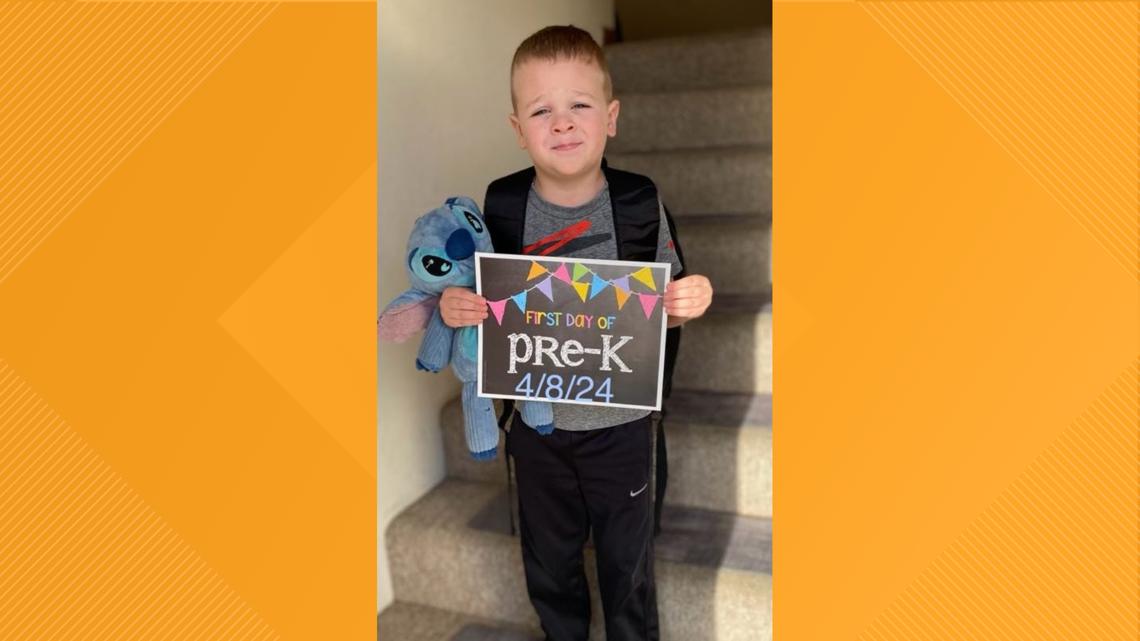
Desperate to reunite the pair, Palazzolo took her dilemma to social media. She received an outpouring of support and others told her to just replace it.
"If something happened to your best friend or your best friend went away, do you want me to tell you to just get a new one? Like that's honestly what is the first thing I think about because I'm like, you can't just tell him to get a new one because that's literally his best friend. Like, first day of pre-K he said I can't wait to get back to the car and get Stitch out of my backpack to tell Stitch about my day."
According to Shorter, replacing Stitch is not the answer. Ensuring safety for children after losing an emotional attachment is the answer.
In the meantime, Shorter said parents can ask their children about how their stuffed animal made them feel and try to find other ways to create that same feeling.
"As a kid, it is really hard to process loss," Shorter said. "They're dealing from their side and their stuffed animal's side. 'They're scared, right? They might be hungry, they might be cold.' That's how they are processing it. And so we lean into, 'They're fine,' 'I know that they're safe,' 'I know that they're well.'"
Shorter added that if the child has a rebuttal like, "How do you know?" A parent's response could be "'Because good people are out there taking care of them.' Right? Because we really have to make it solid for a child. We can't leave a whole lot of gray area."

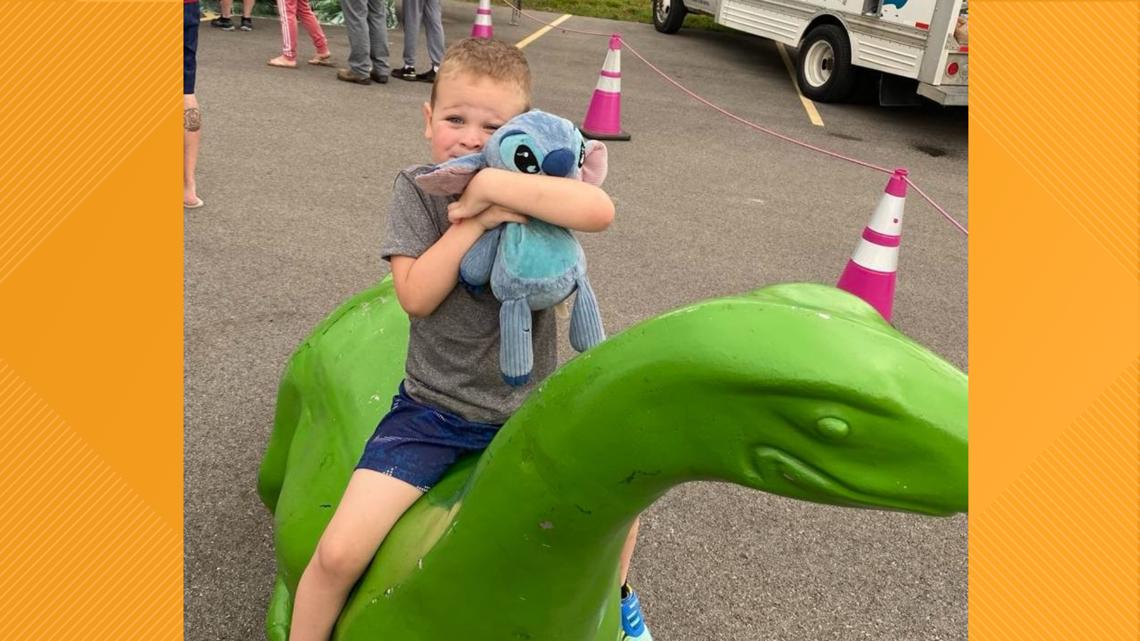
Doctors are now telling Palazzolo that there may be another surgery for her son. They want to place a stent in his brain to help with his symptoms, which are worsening, and Stitch has always helped him get through these times.
Shorter said that if Stitch is not returned, the focus is not to replace him but to find out how to convey the same support somewhere else in his life. She said it may be in another stuffed animal but it may not.
The character Stitch originated from the Disney movie Lilo and Stitch. The movie is centered around an iconic line regarding a Hawaiian word: "Ohana means family, and family means nobody gets left behind, or forgotten."

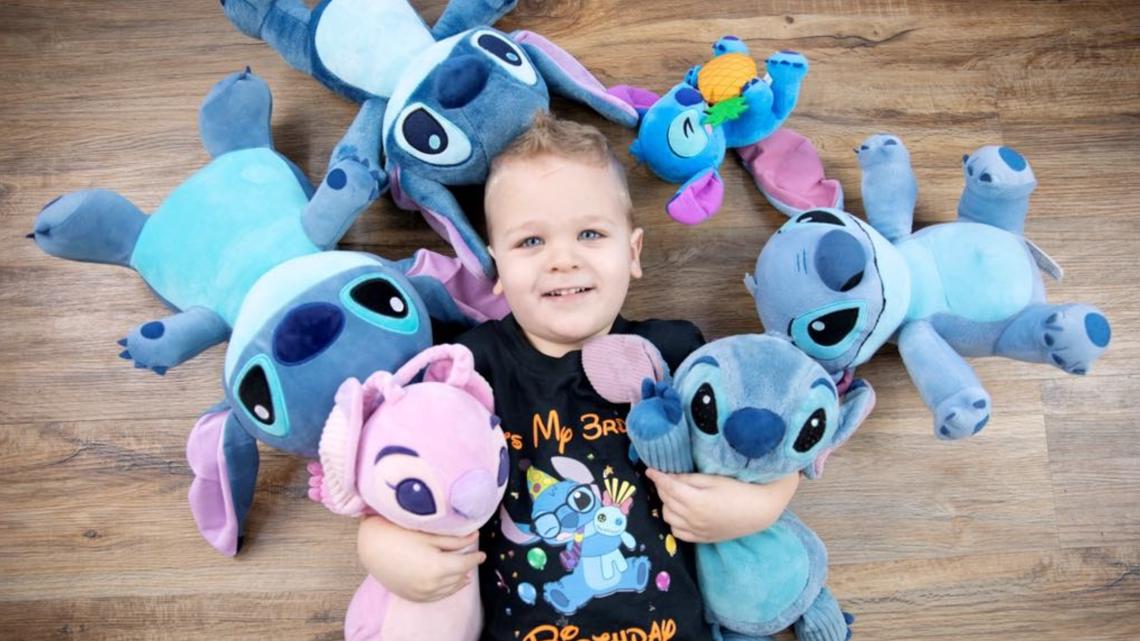
Palazzolo is asking for the public's help for the same reason: Ohana.
Thanks to Palazzolo's social media post, community members have donated money to help find Stitch.
The stuffed animal cost Palazzalo $50. She has now raised the reward to $250 for whoever finds this irreplaceable friend. Message Palazzalo here if you have seen Stitch.


